Planning for a project
So you’ve been given an assignment or project to do and have no idea where to start – never fear, Elevate is here to help get you to the point where you’re able to start writing!
Start Browsing
Start browsing
< Wait, I have a password

to your account
 Facebook
Facebook
< Wait, I don't have a profile yet
Reset Password >
to save your details
 Facebook
Facebook
< Wait, I already have a profile

Start browsing
< Wait, I have a password



I remember when I was at school, knowing exactly what work to do was always the hardest part of studying. Therefore, the easiest way to do “study” was to just write notes, with the belief that I was “getting smarter”. However, like any skill, the only way to actually get better is to practice.
When it comes to it though, there are usually a few road blocks to “practicing”. The first one that I came across was actually getting my notes done. It goes without saying that you have to know the information to be able to answer questions on it and because of that, notes are important. However, they are also time consuming and my first problem was being able to get them down with enough time to actually begin to do practice questions and answers. The second problem I had was that, even when I knew all my notes and information, I still wasn’t very good at actually explaining the point or answering a question and the third problem was that even if I answered the question, I had no idea whether it was a decent answer or not!
The great thing is, I found one simple solution to all of these problems and anyone, anywhere can apply this to their studies – I made a study group! Here is how it helped me:
The most time-consuming part of study is actually compiling your notes and research, and this delays our ability to begin our practice. The easiest way to reduce this workload is to divide it up between your study group. Say for example you were doing Macbeth; you would do something like this:
|
Team Member |
Character |
Duration of Study |
|
Tim
|
Macbeth |
1 Hour |
|
Rob |
Lady Macbeth |
1 Hour |
|
Alana |
Banquo |
1 Hour |
|
Rebecca |
Three Witches |
1 Hour |
Then each person would do their work and share it with the group. It’s kind of like getting 4 hours worth of notes and only doing 1 hour yourself!
Have you ever tried to explain something to someone, to only get halfway through and realise you actually have no idea what you’re talking about? Well you’re not alone. Whether it be answering a question or telling a story, we have all got half way through only to realise we are lost! When you have to teach something, it is the greatest indication of how well you actually understand your topic. If you can explain it and answer questions about it, it indicates you have a full understanding of the information. If at any point you get stumped, this highlights exactly where you have a gap in your knowledge.
Therefore, to use our example before, each person in the study group has to actually explain the information they found on their character and how it is relevant. Whilst you are explaining, the other members of the group are expected to ask as many questions as they can think of, if you can answer all of these, guess what? You know your stuff!
Have you ever written an essay, only to get it back from the teacher covered in question marks? Sometimes when we write an answer, we think it is as clear as day what we are trying to say, but to another person it hardly makes sense. This usually happens because we know our point and when we read it back we already know what’s coming next. This is why, when we apply for a job or build our résumé we always get someone to proof read it. Yet, when we write practice answers to anything, we usually mark it ourselves and just move on.
One of the best things I did at school was got my best mate to read my essays and I did the same with his essays. We would then sit down and compare what we had written. This had endless benefits for both of us and improved our essay writing skills out of sight. The main reasons were that it allowed us to not only get critiqued on the clarity of our argument, but it also provided us with different perspectives and different insights. This helped us both to strengthen our arguments whilst simultaneously eradicating the amount of padding and waffle in our essays!
The good news is you can apply this to your studies no matter what year level or point of the year you are at! If you don’t have an abundance of practice questions, write your own to give to your friend to answer and vice-versa. Be creative with how you use your study groups, take it from me, they are your best resource to get you through school!
